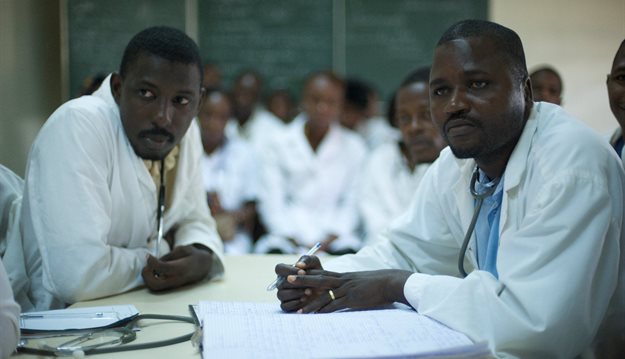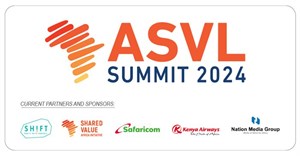The African Development Bank's new $3bn Fight Covid-19 Social Bond is the largest dollar-denominated social bond ever launched in international capital markets to date, and the largest US dollar benchmark ever issued by the bank. With a three-year maturity, it will pay an interest rate of 0.75%.

Image source: Julien Harneis, CC BY-SA 2.0,
Flickr“These are critical times for Africa as it addresses the challenges resulting from the coronavirus. The African Development Bank is taking bold measures to support African countries. This $3bn Covid-19 bond issuance is the first part of our comprehensive response that will soon be announced. This is indeed the largest dollar social bond transaction to date in capital markets. We are here for Africa, and we will provide significant rapid support for countries,” said Dr Akinwumi Adesina, president of the African Development Bank Group.
Coronavirus cases were slow to arrive in Africa, but the virus is spreading quickly and placing strain on already fragile health systems. It is estimated that the continent will require many billions of dollars to cushion the impact of the disease as countries scramble contingency measures, including commercial lockdowns in desperate efforts to contain it.
Social bond framework
The bank established its social bond framework in 2017 and raised the equivalent of $2bn through issuances denominated in euro and Norwegian krone. In 2018, the bank was designated by financial markets, ‘Second most impressive social or sustainability bond issuer” at the Global Capital SRI Awards.
“We are thankful for the exceptional level of interest the Fight Covid-19 Social Bond has raised across the world, as the African Development Bank moves towards lessening the social and economic impact of the pandemic on a continent already severely constrained. Our social bond programme enables us to highlight our strong development mandate to the investor community, allowing them to play a part in improving the lives of the people of Africa. This was an exceptional outcome for an exceptional cause,” said Hassatou Diop N’Sele, treasurer, African Development Bank.
Fight Covid-19 was allocated to central banks and official institutions (53%), bank treasuries (27%) and asset managers (20%). Final bond distribution statistics were as follows: Europe (37%), Americas (36%), Asia (17%) Africa (8%,) and Middle-East (1%).

























